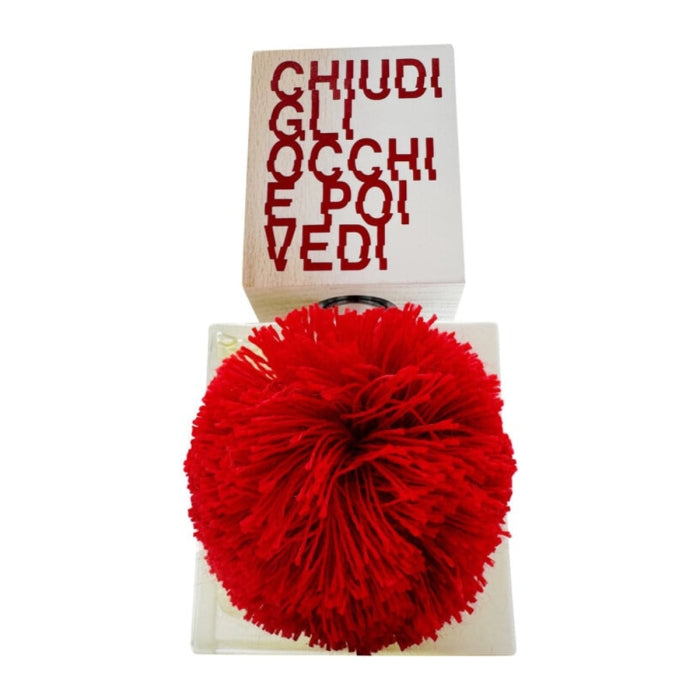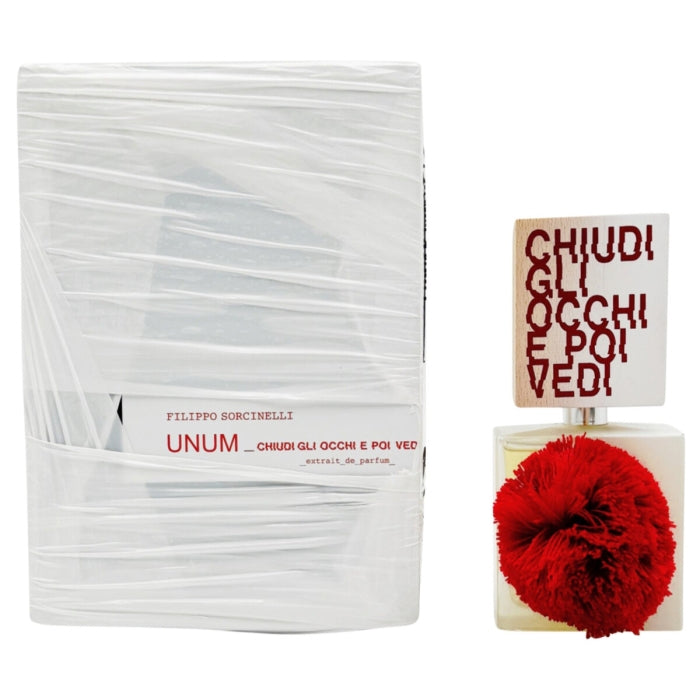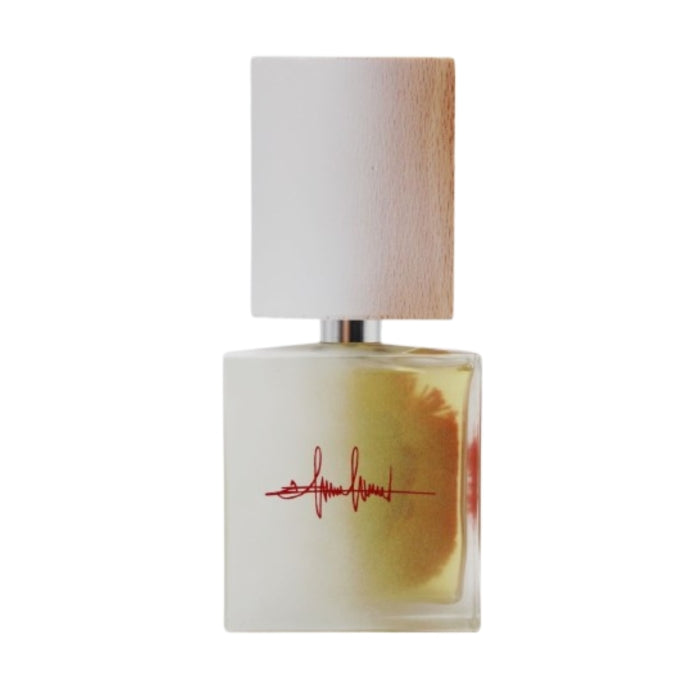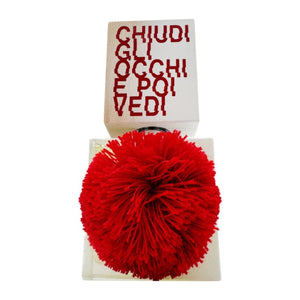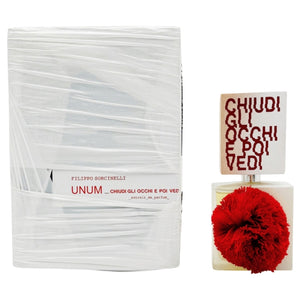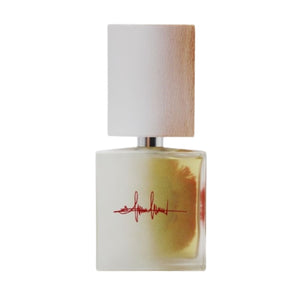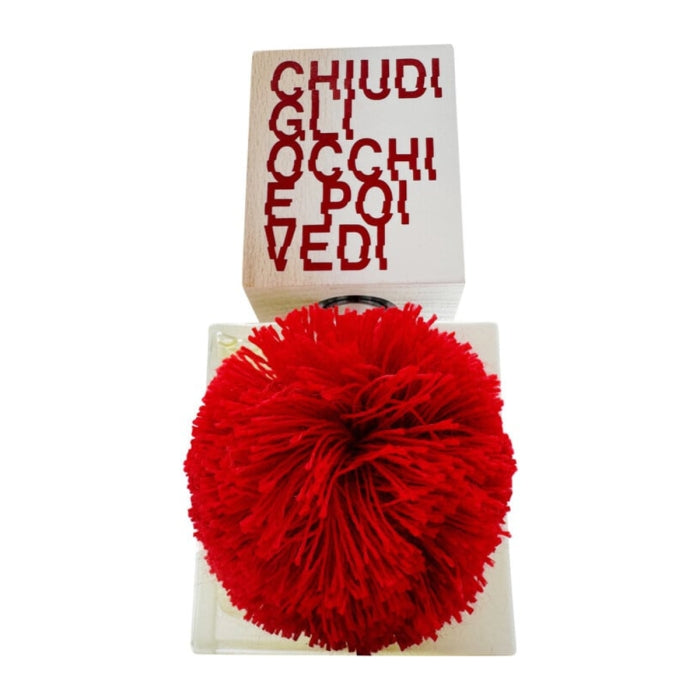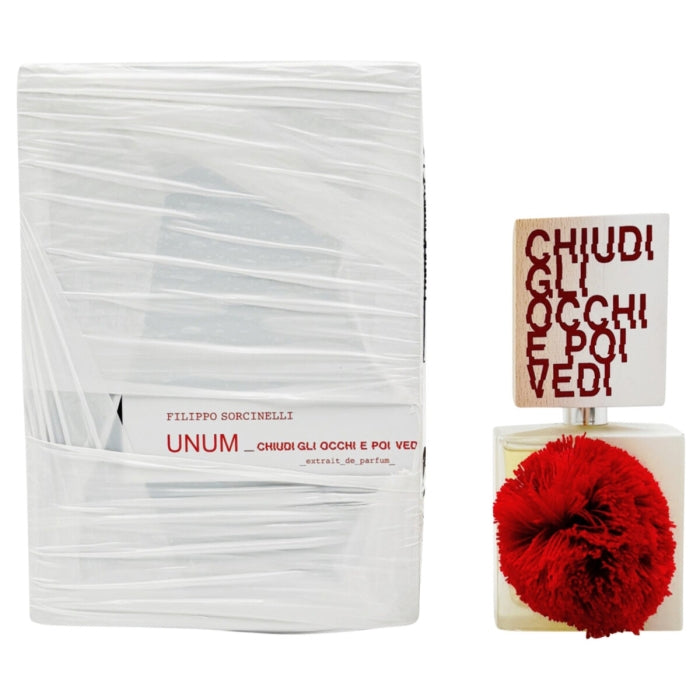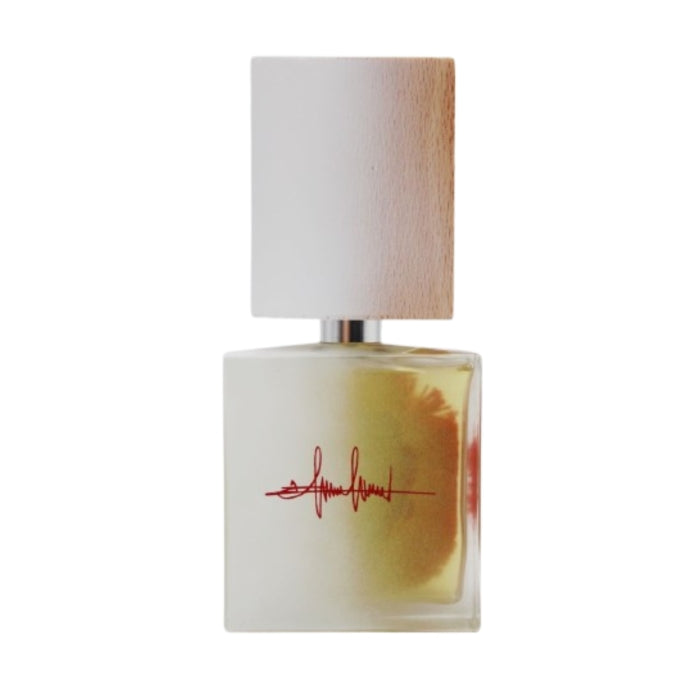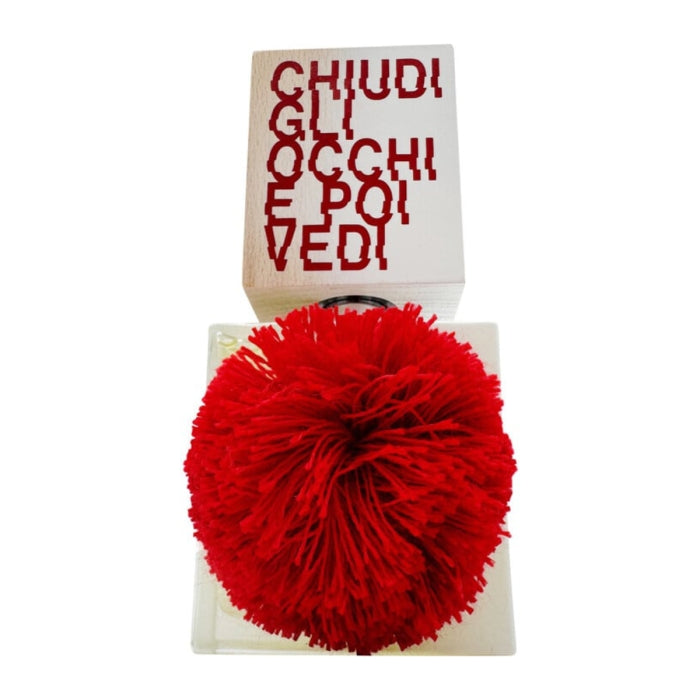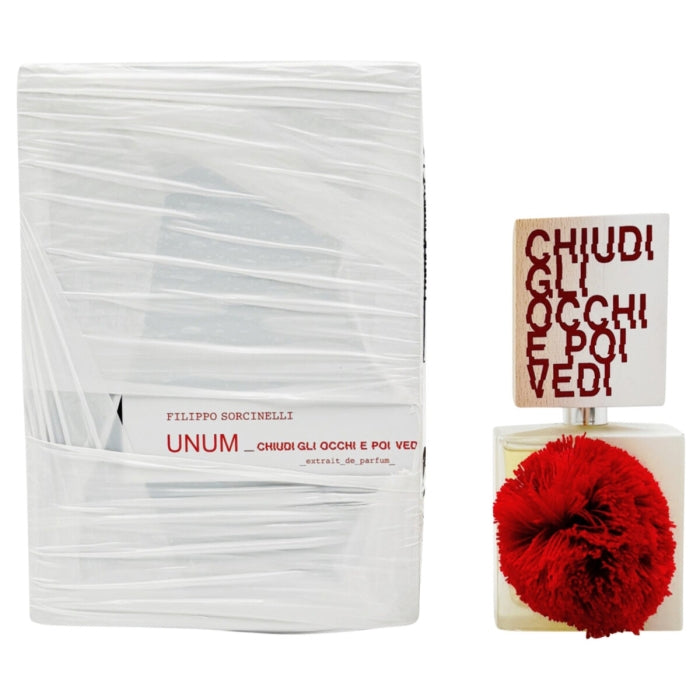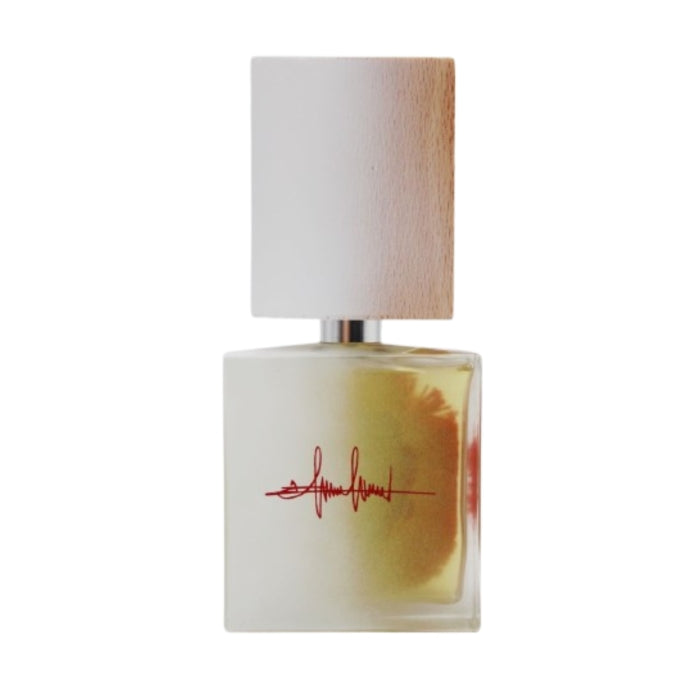The fear of clowns, also known as coulrophobia, is a relatively common and often misunderstood phobia. This fear can occur in varying degrees of intensity, from mild discomfort to paralysing terror, and is believed to be deeply rooted in the human psyche.
The figure of the clown is historically associated with fun and entertainment and dates back to the medieval jesters and harlequins of art comedy. However, the grotesque appearance of the clown, with its exaggerated make-up that distorts facial features, can evoke a sense of ambiguity and uncertainty. This distortion can cause people to perceive clowns as disturbing figures because their appearance does not correspond to normal human behaviour.
Psychology suggests that the fear of clowns stems from the difficulty of recognising the true emotions behind the heavy make-up. We normally tend to read facial expressions to understand the intentions of those we interact with. When this ability is impaired, as in the case of clowns, it can trigger fear and anxiety. The often unpredictable behaviour of clowns can contribute to an uneasy feeling.
Popular culture has further reinforced the fear of these figures through negative and frightening portrayals. The best-known example is Pennywise, the evil clown from Stephen King's novel ‘It’, who has terrified generations of readers and viewers and is the inspiration for the thirteenth fragrance in the Unum collection.
Coulrophobia, which has now also been developed olfactorily with Filippo Sorcinelli, is a kind of culmination of research into the deep meaning of fear, which began in 2018 with the fragrance ‘but not today’ and continued last year with ‘né il giorno né l'ora’; it can significantly affect the daily lives of those affected by it. Everyday situations such as children's birthday parties or circus events can become a source of stress and anxiety. In extreme cases, the mere sight of a clown can trigger a panic reaction.

